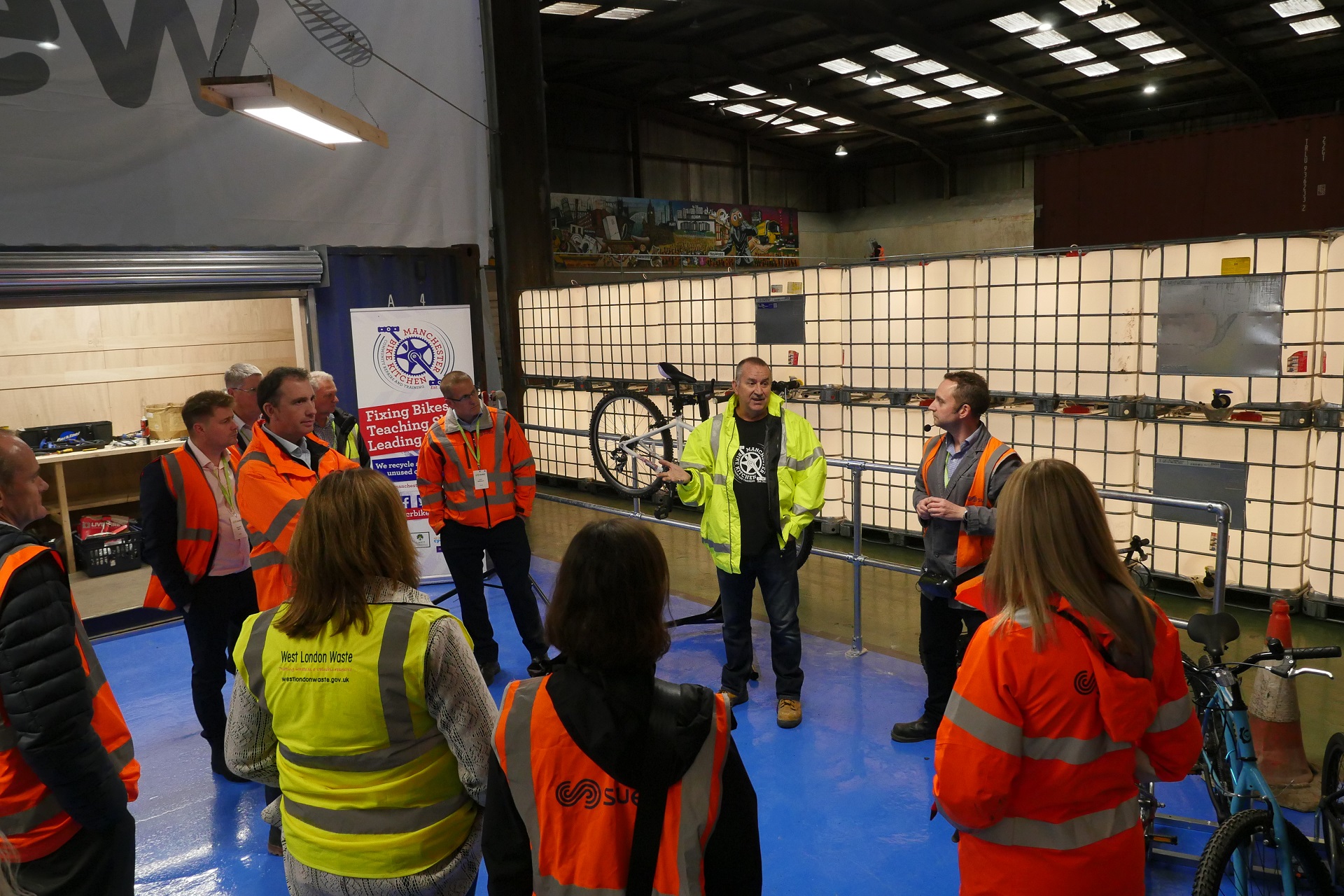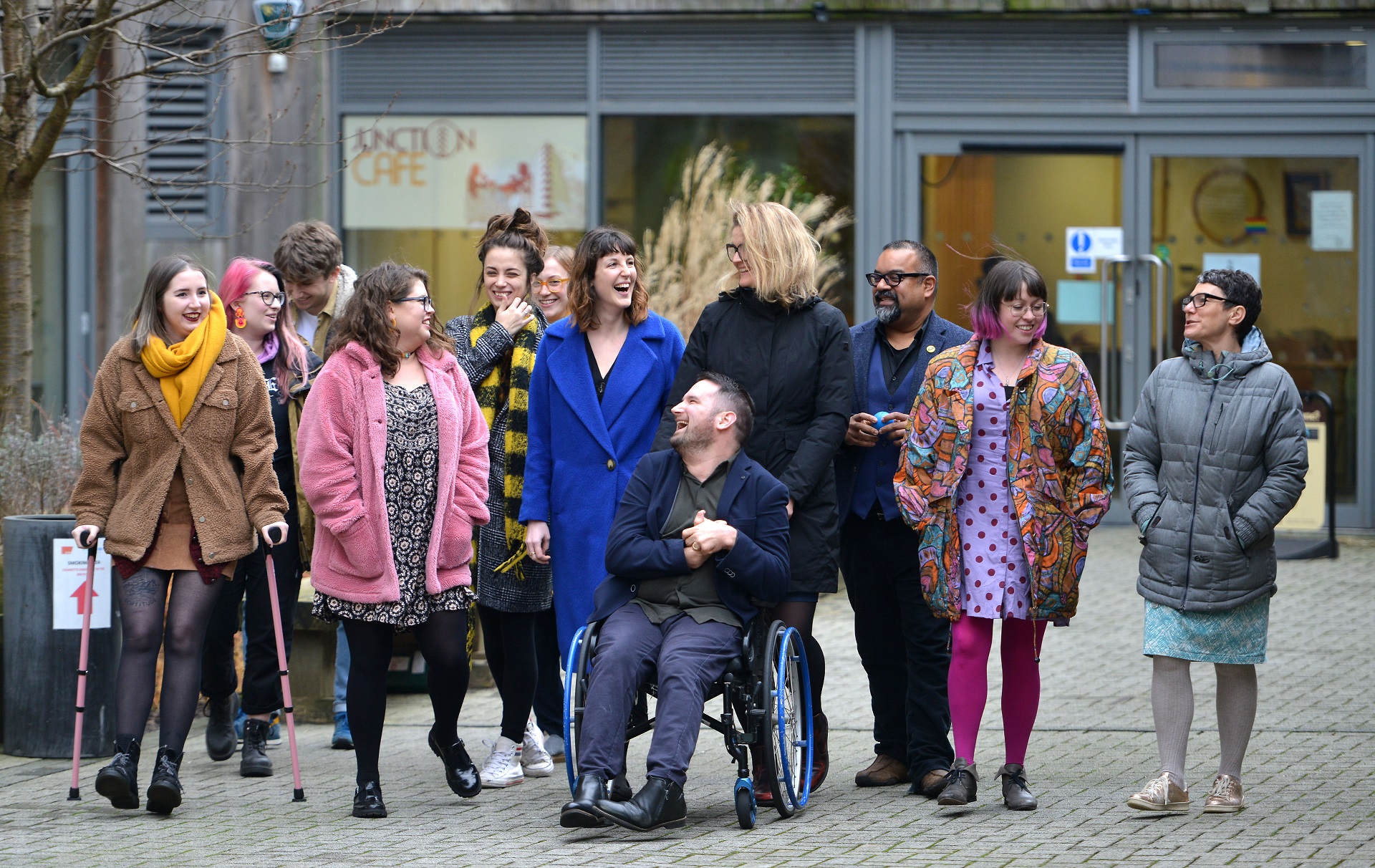
Thought leadership
Make sure social enterprises get access to £738m of dormant assets
As we wrote earlier in the summer, HM Government is running a consultation on how the English portion of reclaimed dormant assets should be spent (dormant assets being a financial product, such as a bank account, which has not been used for many years, and which the provider has been unable to reunite with its owner despite efforts aligned with industry best practice)The last round of dormant assets helped to create Big Society Capital and laid the platform for the social investment market. It created the Access Foundation. It created Fair For All Finance and the Youth Endowment Fund. These are all significant investments and interventions. Dormant assets matter.The consultation lasts until 9th October (this Sunday) and as promised, Social Enterprise UK has put together a template which you can download and send to the consultation – saving you time whilst making sure your voice is heard What do you need to do in five easy steps Download the template response. Insert the name of your social enterprise (Q2), the sector you work in (Q6) and the geography that your social enterprise operates across (Q8). Check that you are happy with the template response and add in any additional points you would like to make. Email dormantassetsconsultation@almaeconomics.com with a copy of the template and cc our Director of External Affairs - andrew.obrien@socialenterprise.org.uk so we can track response rates. If you are super-keen, you can also tweet @DCMS to tell them you have taken part in the consultation and you want dormant assets to help grow the social enterprise sector. Something like: I’ve taken part in the Dormant Assets Consultation 2022 because I want @DCMS to use dormant assets to invest in #socialenterprise through social investment and Community Wealth Funds. Once you have hit send you’ve done your bit to help the sector! What we are calling for We have two simple asks. One is for more money for social investment to address the issues raised by the Adebowale Commission on Social Investment.The Commission found that whilst social investment had helped some social enterprises, it had not fulfilled its potential due to a lack of flexible capital which could be deployed to provide “enterprise-centric” finance. It also found geographical and racial inequalities in the distribution of social investment.The Commission made several recommendations to address these challenges including the creation of a £50m black-led social investment fund to tackle inequalities faced by black-led social enterprises, putting more investment into place-led infrastructure and creating a “Frontiers Fund” to provide capital to give flexible finance into social enterprises.We need dormant assets to resolve these issues, to reform the market and get social enterprises the access to finance they need. Our second ask is to support the development of Community Wealth Funds. These funds would distribute locally administered pots of money which would be used to provide patient funding for social infrastructure – the community spaces and social enterprises that we depend upon and bring us together. This proposal is being championed by the Community Wealth Fund Alliance which includes Social Enterprise UK. We need to invest in our communities and dormant assets can provide some of the resources to do that.Both of these can be funded through dormant assets and they compliment each other. Don't miss your chance to have your say Unfortunately, just reading this email and nodding along won’t be taken into consideration by DCMS.The only way to have your say is to fill in their survey or download our template response and email it in (which will be quicker, I promise!).At a time when social enterprises need help to grow and sustain themselves, you can do your bit to help our sector get access to £738m of dormant assets.Don’t miss your chance to influence the decision By Andrew O'Brien - Director of External Affairs at Social Enterprise UK
3 min





